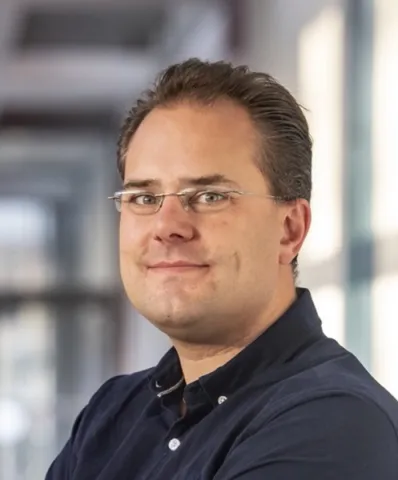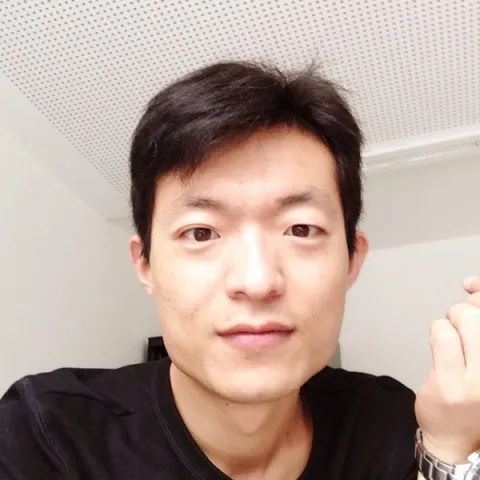About the project
Variational quantum algorithms (VQAs) are hybrid classical-quantum machine learning methods designed to optimally utilize current quantum hardware, which remains limited by noise, limiting the number of computational operations. This project will adapt methods from sparse optimization to adapt the order and choice of the fundamental computations in VQAs.
By utilizing quantum entanglement and parallelism, quantum computers are, in theory, able to quickly solve many problems that cannot be efficiently solved on traditional computers. However, in the near term, system noise and decoherence significantly limit their utility as they limit the number of operations that can be performed before system noise destroys computational results.
To overcome the limitations, variational quantum algorithms have been proposed. These hybrid classical-quantum methods utilize the advantages of noisy quantum computers whilst using well established classical optimization methods to adapt a small number of quantum operations.
Unfortunately, if we restrict optimization to a small, fixed number of computational steps, the resulting quantum computation will remain fundamentally limited, significantly restricting the problems that can effectively be solved. To overcome this fundamental limitation of variational methods in quantum computation, you will explore and study a range of approaches to optimize the choice and order of the computational steps within the variational framework. Inspired by sparse optimization methods, you will extend the framework to the variational quantum machine learning algorithm.
Your work will explore the developed methods using simulated quantum computers to test the new methods on a range of applications from the quantum computing literature and contrast these to current state-of-the-art approaches.
This is a field with significant scope that allows you to develop and follow your own interests and to pursuit different directions, whether these are theoretical (by looking at the mathematical properties of the methods) or computational (by experimentally exploring the practical performance of methods).

